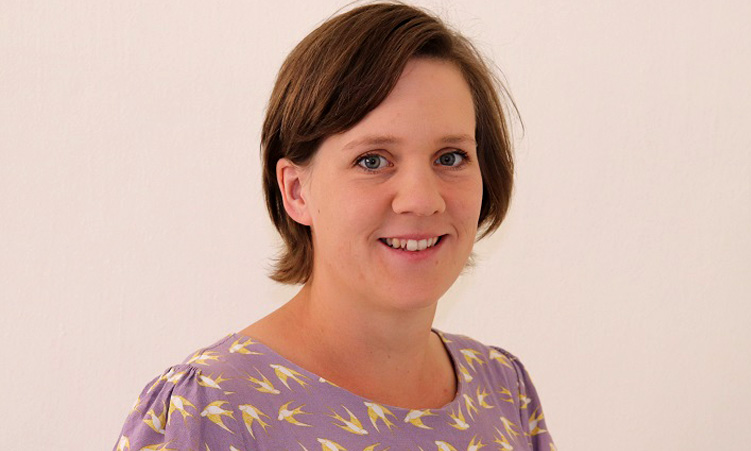Communal farmers in the Zambezi region are adopting an innovative way of using cattle manure to improve soil fertility for better crop yields.
A community of farmers in the Lianshulu area of the region, who had faced challenges of depleted soil fertility and fluctuating yields, have turned to the ‘mobile kraal’, an ancient concept of soil fertility regeneration.
According to a joint statement from the Namibia Organic Association (NAO) and Namibia Nature Foundation (NNF) one of the farmers to adopt the concept is Lucia Mwanambwe, who had struggled with depleted soil fertility and reduced harvests but never gave up.
She had turned to other farmers in the area for advice and after learning of other conservation agriculture practices, Mwanambwe adopted the concept of a mobile kraal, because it harnesses the symbiotic relationship between livestock and land.
The statement says she received the material to construct a mobile kraal for her livestock with assistance from the Kwando Carnivore Project and NNF (KazaArise Project) team.
The project supports communities in the Kavango-Zambezi (Kaza) trans-frontier conservation area in Zimbabwe, Zambia and Namibia.
It is funded by the German economic cooperation and development ministry through the Bengo Engagement Global programme.
In Namibia this joint project is being implemented by the NNF in cooperation with Integrated Rural Development and Nature Conservation.

It aims to bring stakeholders together to promote agro-ecological approaches to crop and livestock production.
Mwanambwe erected the portable enclosure for her cattle in her field, strategically moving it to different spots on a regular basis.
Animals grazed outside the field during the day and stayed in the kraal at night.
This ingenious approach allowed her livestock to deposit nutrient-rich manure, revitalising her field with each step.
As the seasons unfolded, Mwanambwe says she witnessed a “miraculous transformation” of the once barren earth.
“I could not have done this without the help of the Kaza Arise team. I thank them for teaching me practices that not only benefit me, but also the soil,” she says.
Mareike Voigts, the chairperson of the Namibian Organic Association, who also produces organic vegetables and chickens at farm Krumhuk south of Windhoek, says kraal manure is available free of charge to farmers.
“With the innovative mobile kraal, the manure does not even need transport to the field. It is also more vitalising for the soil life, which we urgently need for enhancing productivity and sustainability,” she says.
Voigts says while chemical fertilisers promote plant growth over the short term, they destroy soil life and structure and can reduce plant health, increasing the need for chemical pesticides.
In addition, chemical fertiliser can be very expensive, she says.
“Plants grown at sites of mobile kraals are strong and healthy, given that most areas have received insufficient rain,” she says.
– email: matthew@namibian.com.na
Stay informed with The Namibian – your source for credible journalism. Get in-depth reporting and opinions for
only N$85 a month. Invest in journalism, invest in democracy –
Subscribe Now!






